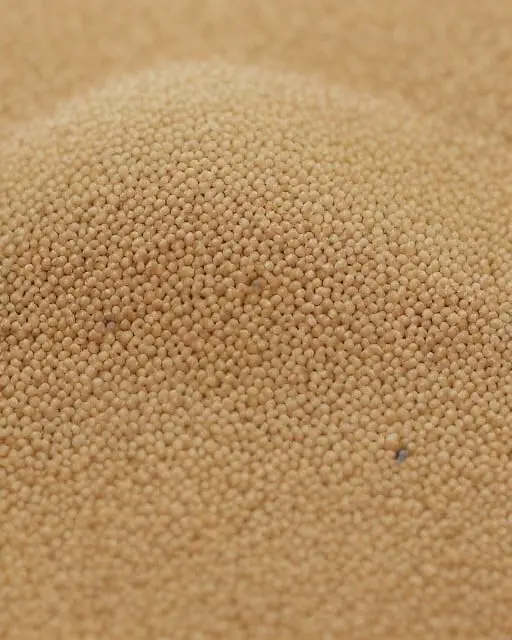Millets: A Natural Way to Manage Blood Sugar & Pressure
Millets are a group of small-seeded grasses that have been cultivated for thousands of years around the world. They are known for their high nutritional value and are an excellent source of essential vitamins, minerals, and fiber. Millets are also low in fat and gluten-free, making them an ideal food for people with diabetes and high blood pressure.
In recent years, millets have gained popularity as a healthy alternative to wheat and rice. They are easy to digest and have a low glycemic index, which means they don’t cause a sudden spike in blood sugar levels. This makes them an excellent choice for people with diabetes who need to manage their blood sugar levels.
Furthermore, millets are also effective in regulating blood pressure naturally. They contain magnesium and potassium, which are essential minerals for maintaining blood pressure. In this article, we will explore how millets can help manage diabetes and high blood pressure.
Millets: The Healthy Grains for Diabetes Management
Millets are a great source of complex carbohydrates, which are slowly digested and absorbed by the body. This means that they release glucose into the bloodstream slowly, preventing sudden spikes in blood sugar levels. Millets are also rich in fiber, which slows down the absorption of glucose and helps maintain stable blood sugar levels.
Moreover, millets have a low glycemic index (GI), which is a scale that measures how quickly a food raises blood sugar levels. Foods with a high GI cause a rapid rise in blood sugar levels, while those with a low GI cause a gradual increase in blood sugar levels. Millets have a GI score ranging from 50 to 70, depending on the type, which is much lower than that of wheat and rice.
Research has shown that incorporating millets into a diabetic diet can improve glycemic control, reduce insulin resistance, and lower blood sugar levels. A study conducted in India found that consuming millets as a part of the daily diet for six months led to a significant reduction in fasting blood sugar levels in people with type 2 diabetes.
Additionally, millets are also rich in antioxidants, which prevent damage to cells caused by free radicals. This is particularly important for people with diabetes, as high blood sugar levels can increase oxidative stress and damage cells.
How Millets Help in Regulating Blood Pressure Naturally
High blood pressure, also known as hypertension, is a common condition that affects millions of people around the world. It is a major risk factor for heart disease, stroke, and kidney disease. Fortunately, millets can help regulate blood pressure naturally.
Millets are rich in magnesium, a mineral that plays a crucial role in regulating blood pressure. Magnesium helps relax the blood vessels, allowing blood to flow more freely and reducing the risk of hypertension. Studies have shown that consuming magnesium-rich foods, such as millets, can lower blood pressure levels in people with hypertension.
Moreover, millets are also a good source of potassium, another mineral that is essential for maintaining healthy blood pressure levels. Potassium helps balance the effects of sodium in the body, which is a major contributor to high blood pressure. A diet high in potassium and low in sodium can help reduce the risk of hypertension.
In addition to magnesium and potassium, millets are also rich in fiber, which plays a role in regulating blood pressure. Fiber helps lower cholesterol levels in the blood, which can reduce the risk of atherosclerosis and hypertension.
Conclusion
Millets are a healthy and nutritious food that can help manage diabetes and high blood pressure. They are low in fat, gluten-free, and have a low glycemic index, making them an ideal food for people with diabetes. Millets are also rich in magnesium, potassium, and fiber, which are essential for maintaining healthy blood pressure levels. By incorporating millets into your diet, you can improve your overall health and reduce the risk of chronic diseases.

